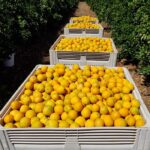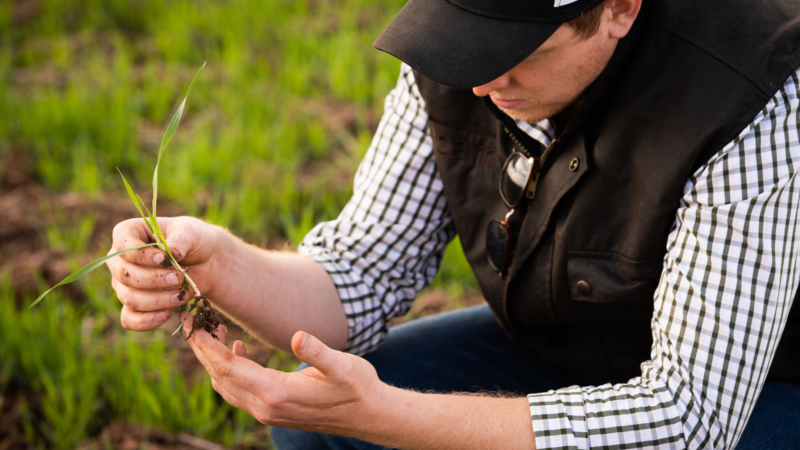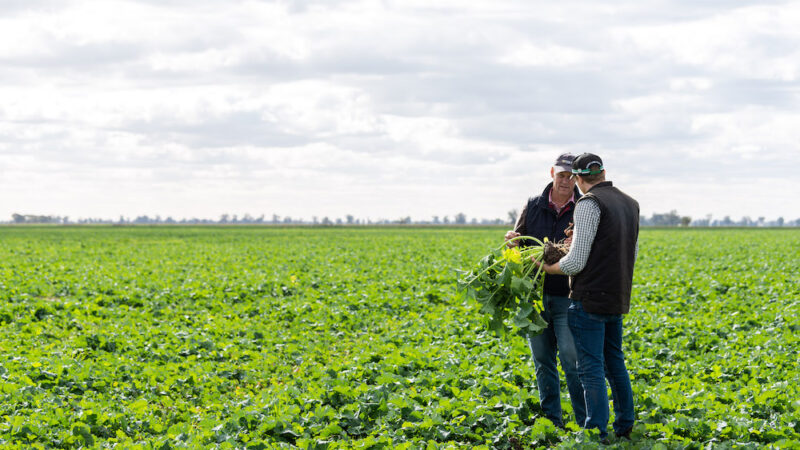Federal Agriculture Minister David Littleproud and NSW Agriculture Minister Adam Marshall have promised to continue…
Soil health: Preserve today, provide for tomorrow
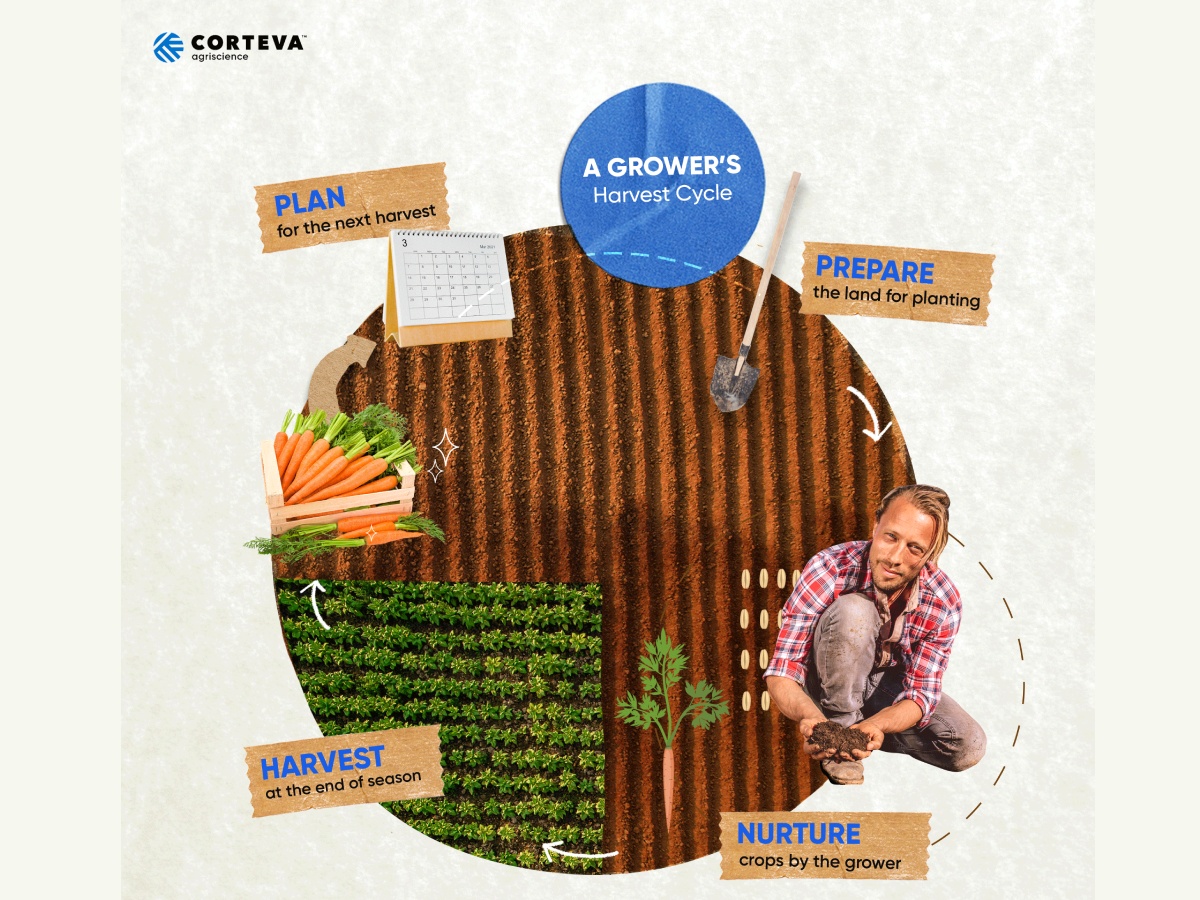
What is soil?
Soil is the topmost layer of the Earth in which plants grow. It is composed of mineral and organic materials and living forms, and it plays a fundamental role in providing structural support to plants and crops, while serving as the source of water and nutrients. That’s why every season, in every crop cycle, you must take the right steps to preserve soil health.
What is soil health?
Healthy soils are industrious players on the farm. They can suppress naturally soil-borne pathogens and pests, support efficient nutrient cycles and provide improved physical structure for robust root foundation and plant growth. And this is why it’s important to know what agricultural practices we can adopt in order to boost soil health.
So, what makes a soil healthy and what can you do about it?
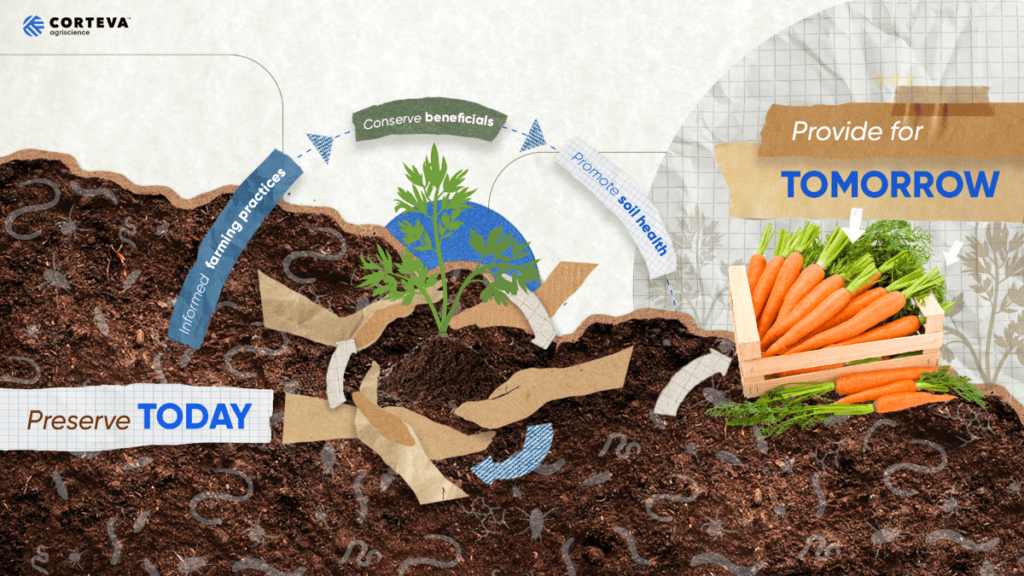
Dialling up the health of your soil
Soil is a living and active part of your farm, and it contains a variety of beneficial organisms including nematodes, bacteria, fungi, protozoa, macro- and micro-arthropods.
These organisms respond sensitively to land management practices you implement on your farm, so it�s very important to be selective in how you manage farm inputs such as nematicides. When these products are not selective, they have the potential to disrupt the symbiotic relationships among these organisms and crop roots.
Thankfully, you can proactively implement informed farming practices that have minimal impact on beneficial organisms existing in the soil.
To learn more about why we should care about the health of soil and how we can improve its long-term health, visit Corteva�s new soil health section, which you can find here.
A simple shift from merely managing the soil to proactively advancing its health and recognising the greater role it plays in benefiting farmland and the planet can create long-term value. As farmers you can take action today to leave behind a legacy.
If you enjoyed this feature, you might like our story on native foods.




